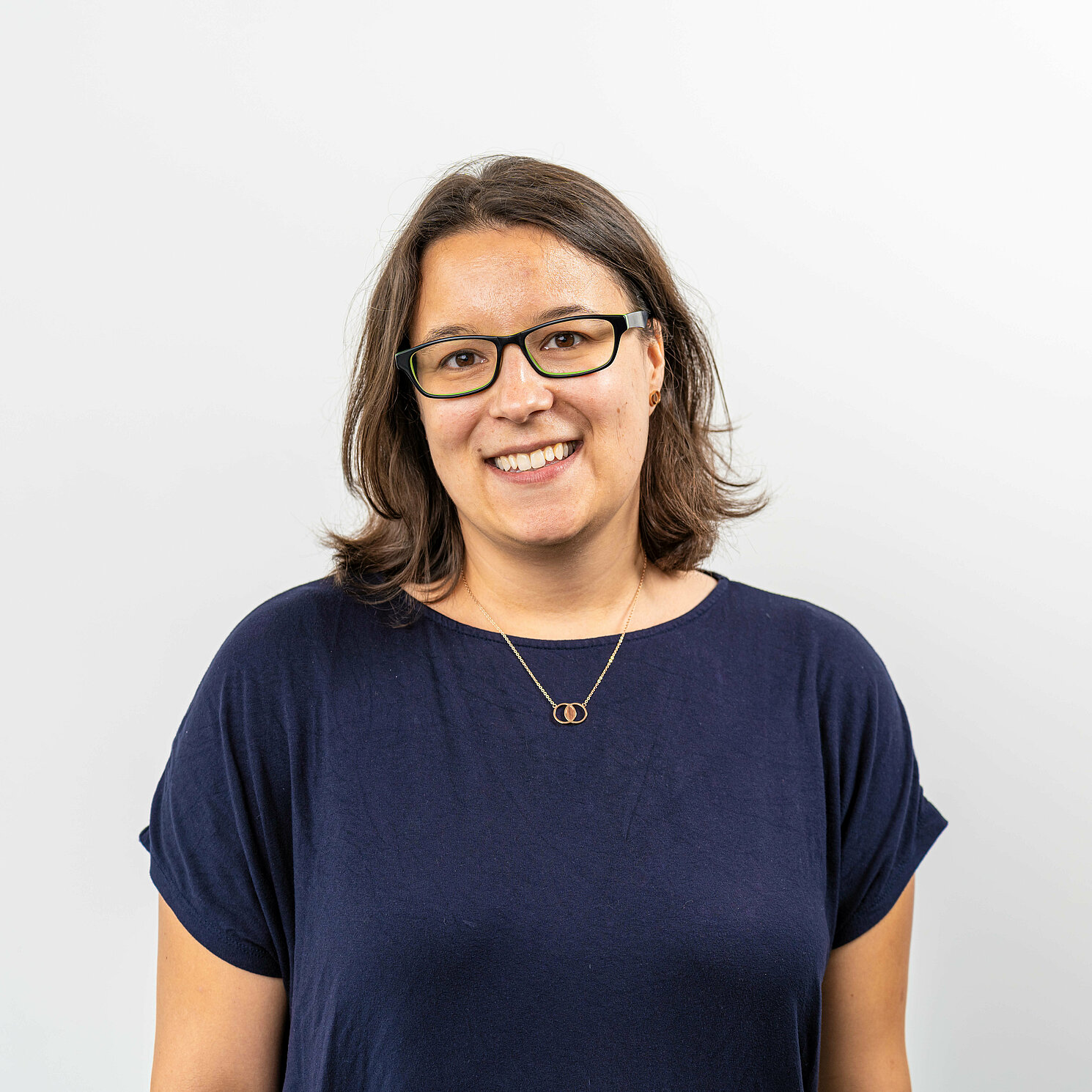Study social work part-time
Do you already have a vocational qualification in the field of social work? Would you like to unlock the door to new professional development opportunities and continue your education to become a social worker (B.A.)? Study social work part-time!
Request info material
Content
What is the (part-time) Social Work degree programme about (BS)?
State-recognised social education worker (B.A.) – you will have the right to use this professional title if you successfully complete the part-time Bachelor's in Social Work at the OTH Regensburg. The programme qualifies you for many areas of professional practice and offers two advantages: As a part-time Bachelor's programme, it enables you to obtain an undergraduate degree while still working and even without the standard university entrance qualification (Abitur). Our students appreciate the fact that they can easily plan their time and combine their studies, career and family life.
The course content offers students a broad foundation: the academic content includes the fundamentals of educational and social sciences, social work, law, health and human sciences. At the same time, students develop social and methodological skills and the ability to identify complex social problems, develop solution strategies and implement them. Through virtual teaching, students also acquire IT and media competence.
Career opportunities
What are my career prospects as a state-recognised social worker?
On completing your Bachelor's degree, you also acquire the professional title of "state-recognised social worker". Information on the various options open to you after graduation is summarised here:
After graduation, you can work in the following fields:
- Child and youth welfare/state youth welfare office
- Youth social work at schools/school social work
- Occupational social work
- Social work in a migration context
- Health care
- Resocialisation/support for at-risk persons
- Disability support services
- Social work with the elderly
- Adult/further education
- Drug and addiction support services
- Counselling and prevention
- Social/youth welfare planning
Structure and modules
How is the degree programme structured?
This is a part-time course designed to be completed in eleven semesters (a reduction to nine semesters is possible through credit transfer). In-person lectures take place in one "block week" and approx. five weekend dates per semester (Friday afternoon and all day Saturday).
Studies and organisational matters
So that everything runs smoothly
How is the degree structured? When do lectures take place? What else do I need to know about the part-time Social Work degree? You can find answers to these and other questions here.
Each semester begins with an in-person block week at the OTH Regensburg, covering the foundational content for the semester. The other mandatory attendance times take up approx. 8 to 13 appointments, always on Friday afternoons and/or all day on Saturdays. The dates are announced around six months in advance.
In addition to lectures at the OTH Regensburg and the online modules, classes also take place at participating learning locations. We currently cooperate with learning locations in Abensberg, Cham, Tirschenreuth and Zwiesel.
Abensberg, a town with a feel-good atmosphere, offers social work students ideal study conditions. In the Aventinum Culture and Education Centre, located in the centre of the historic old town, students have access to well-equipped rooms with a great ambience.
In Cham, lectures take place at the State Vocational School. Here you can find more information about the educational network in the regionand the district of Cham.
The town of Tirschenreuthattaches great importance to its development as an educational and business location. Here, lectures take place in the historic "Fronfeste". The listed building was renovated especially for this purpose and the outside area was redesigned. The opening ceremony in 2020 was a milestone in the town's educational history.
The Don Bosco Campus for the Social Professions in Zwiesel, with its nationally recognised, more than 70 year-old vocational training centre, the Institute for Education and Development in the Diocese of Passau e. V., is an educational centre in the tradition of Catholic youth social work and social pedagogy. The Episcopal See of Passau and the "Caritasverband" of the Diocese of Passau e. V. provide the rooms for lectures.
There are various entry routes, even without an Abitur:
- You can provide proof of a higher education entrance qualification (entrance qualification for universities of applied sciences, general higher education entrance qualification or have a general higher education entrance qualification through a master craftsman or other advanced vocational training qualification such as a business administrator). In addition, you can provide evidence of at least two years of relevant professional practice in the field of social work or a related field or
- You have a subject-specific university entrance qualification for professionally qualified persons through at least two years of relevant vocational training followed by at least three years of full-time professional practice (in a field related to the desired course of study) combined with a one-year trial course or
- You have completed training as an educator, curative educator, curative education worker or curative education teacher. educator, curative education nurse or curative educator. It is possible to shorten the study period from 11 to 9 semesters.
The examination board is responsible for determining the subject-relatedness or relevance. A prerequisite for enrolment in the degree program is proof of a completed counselling interview.
Benefit from our combined expertise
Lecturers
Our lecturers have many years of professional experience and numerous contacts in industry. Thanks to small semester groups, they can work closely with their students and guarantee intensive support.

Programme director
Prof. Dr. Nicolas Schöpf
Phone: +49 941 943 9320
E-mail:nicolas.schoepf(at)oth-regensburg.de
Office hours: Thursday, 14:00 pm–15:00 pm (appointments by e-mail) and by appointment; during the semster break: by appointment only

Programme coordinator
Jana Faerber
Phone: +49 941 943 9280
E-mail: jana.faerber(at)oth-regensburg.de

Programme coordinator
Kathrin Söldner
Phone: +49 941 943 9221
E-mail: bb-sozialearbeit(at)oth-regensburg.de

